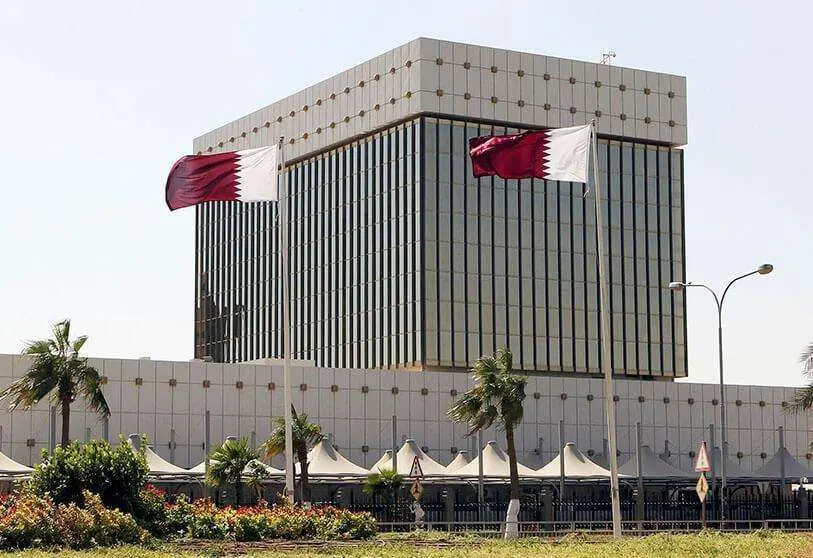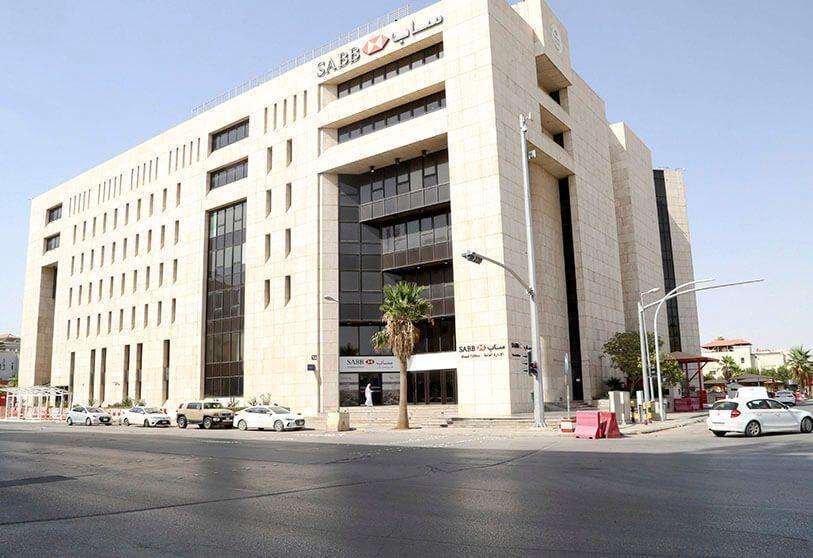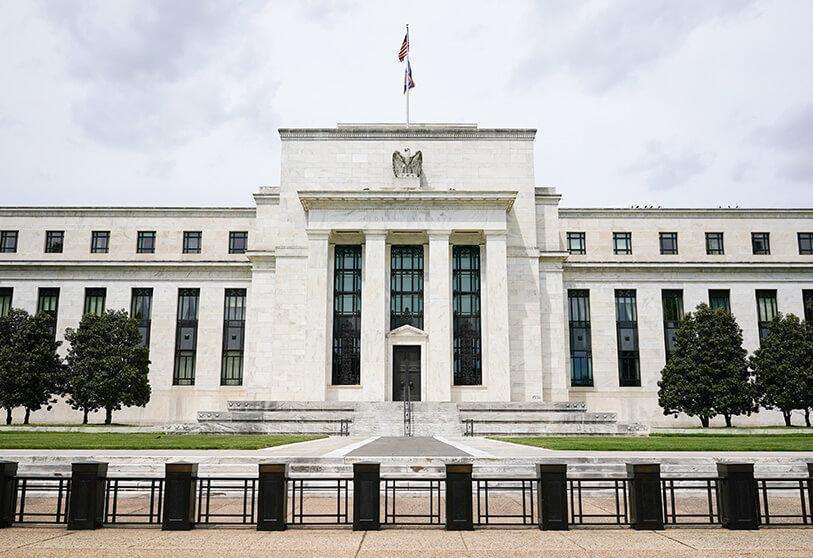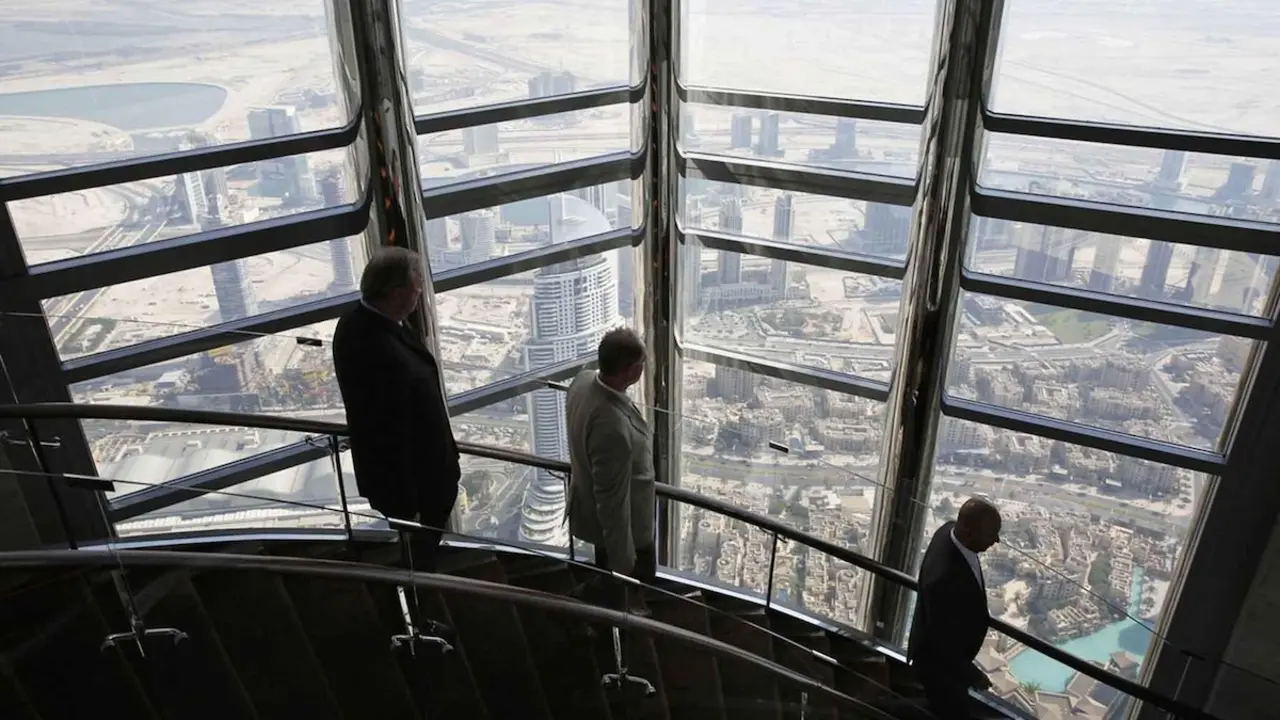Gulf monarchies raise interest rates in line with the Federal Reserve

The central banks of most Gulf countries have announced interest rate hikes, following the US Federal Reserve. Saudi Arabia, Qatar, UAE, Kuwait and Bahrain have already implemented the increase, with Oman expected to follow in the coming days.
The Gulf monarchies are acting on moves by the Fed, which on Wednesday raised rates by 75 basis points, the largest increase since 1994, bringing the rate to between 1.5 and 1.75%. With this move, the agency aims to combat soaring inflation, which is threatening the post-COVID economic recovery around the world.
Most of these countries, which together form the Gulf Cooperation Council (GCC), have their currencies pegged to the dollar, with the exception of Kuwait and Oman, which are pegged to a basket of currencies that also include the US currency. These monarchies are also heavily dependent on oil and natural gas production, the sales of which are mainly in dollars.

The Saudi central bank increased the repo and reverse repo rate by 50 basis points, from 1.75 to 2.25%. This rate is levied on repurchase transactions in which a financial institution sells an asset to an investor with a commitment to buy it back at a specified date and price. This increase is the smallest among the major Gulf economies, in view of the good inflation figures that Riyadh is showing, 2.2% in May, compared to 2.3% in April.
The Kingdom's central bank announced that the decision was made in order to continue to meet its objectives with respect to monetary policy and financial stability, emphasising the adverse global and local context.
The Central Bank of Kuwait raised its discount rate by 25 basis points to 2.25%. This rate is the cost of capital used to determine the present value of a future payment. In addition, the Kuwaiti bank announced a whole raft of measures to weather the global economic storm.

The stock market in the red
On Thursday, most financial markets in the region responded negatively to rising interest rates and a slight decline in the price of crude oil, which nevertheless remains at very high levels.
The ADX General, Abu Dhabi's main stock index, fell by 0.8% to 9,505 points, while Dubai's DFM General was down 1.7% to 3,280 points. In Saudi Arabia, the Tadawul All Share, the country's leading index, fell by 1.3% to close the day at 11,824 points, while the Qatari QE General was down by 0.5% to 12,562 points.
Meanwhile, the indices of Bahrain, Kuwait and Oman, the three least important GCC economies, closed the day up by 0.1, 0.3 and 0.2%, respectively.

The sharp rise in the price of crude oil and natural gas, initiated with the post-COVID economic recovery and strongly aggravated by the war in Ukraine, is securing strong revenues for these countries, after the low prices of these commodities during the 2020 economic crisis hit them hard.
Central banks in several of the world's major economies are also raising these rates. The Bank of England recently announced an increase in interest rates by 25 basis points, while the Swiss National Bank, whose rates are in negative territory, has done the same by 50 basis points. The European Central Bank is also expected to raise rates in July.
Americas Coordinator: José Antonio Sierra.








